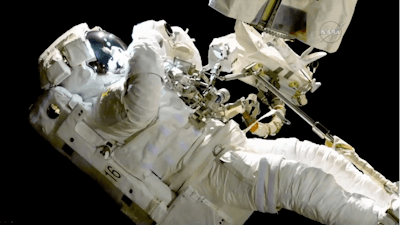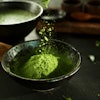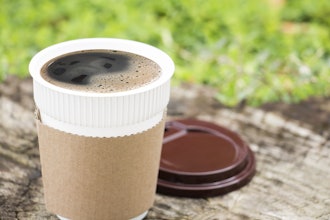
Astronauts could be given an enhanced diet during spaceflights that includes a greater variety and quantity of fruits, vegetables, and fish to improve their health and performance compared to standard spaceflight food, reports a study published in Scientific Reports. Although conducted in a spaceflight simulation chamber on Earth with 16 individuals, these findings may have implications for astronaut health and decisions about food resource priorities on spaceflights.
Long-duration spaceflight is known to impact human health, and spacecraft size and power constraints limit what can be taken into space. The food astronauts eat may have the potential to mitigate some negative health changes during spaceflight, but in turn the food can be limited by mass, volume, shelf-life, and storage requirements.
Grace Douglas and colleagues investigated the difference in impact of 2 diets on 16 individuals (10 males and 6 females). Four individuals participated in each of the four 45-day missions in an Earth-based, closed chamber designed to simulate the confined spaceflight environment, alongside the practicality of storing different foodstuffs in these conditions. Individuals ate either an enhanced diet or a standard diet. The enhanced diet included an increased number of servings and variety of fruits and vegetables, along with more fish and sources of omega-3 fatty acids. The standard spaceflight diet is currently used on the International Space Station, and while it meets most requirements, the authors propose that it could use more sources of fruits and vegetables, and more sources of omega-3 fatty acids.
The enhanced diet provided more than six servings of fruits and vegetables per day and between two to three servings of fish per week, amongst other healthy foods. All foods were shelf-stable, which is a requirement to support the room temperature, extended storage conditions on current space missions. To simulate real spaceflight conditions, the food was stored in the chamber before the start of each mission. Individuals provided samples of saliva, urine, blood, and stool and completed cognitive assessment tasks throughout the missions.
The authors found that individuals who consumed the enhanced spaceflight diet had lower cholesterol levels, lower cortisol levels (suggesting lower stress), greater cognitive speed, accuracy and attention, and a more stable microbiome than individuals consuming the standard diet.
The authors conclude that an enhanced spaceflight diet has significant health and performance benefits for individuals and may be beneficial for astronauts, even on short space missions. Although further investigation is needed to assess healthier diets in space, these findings may help to guide food resource priorities on space exploration missions in future.






















